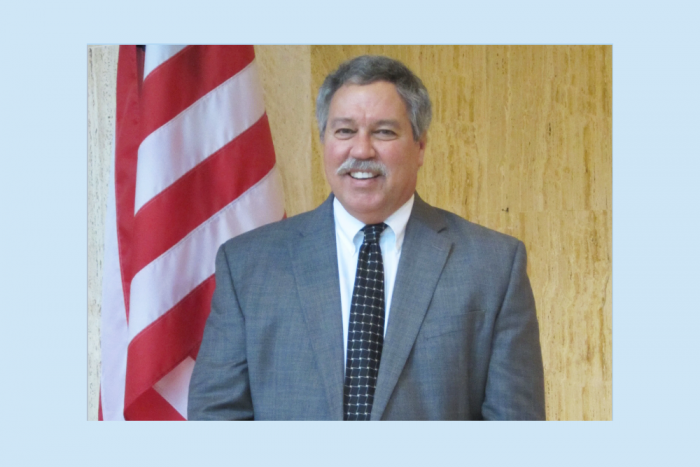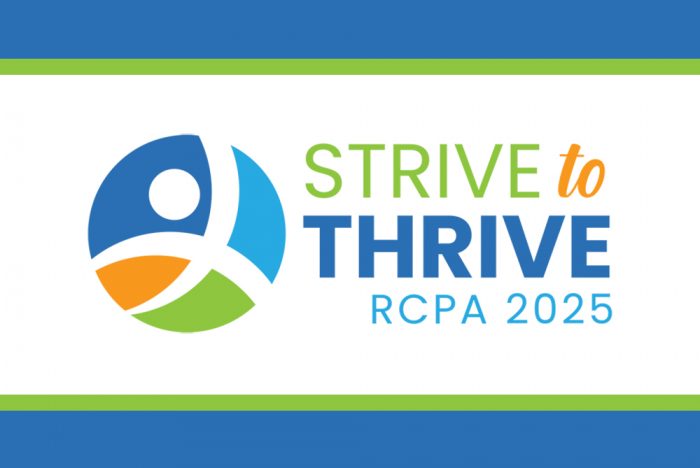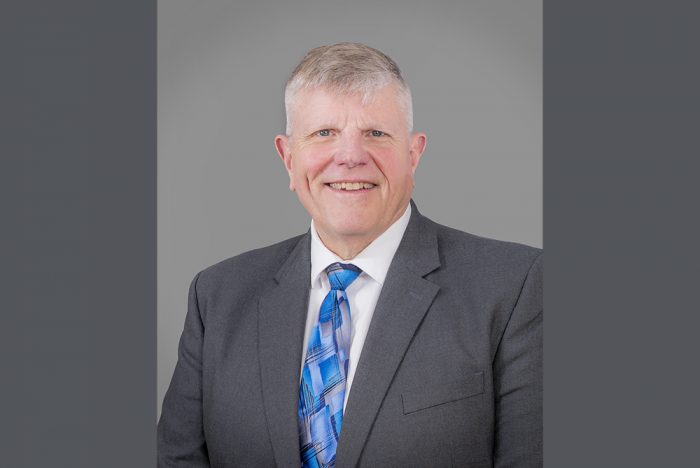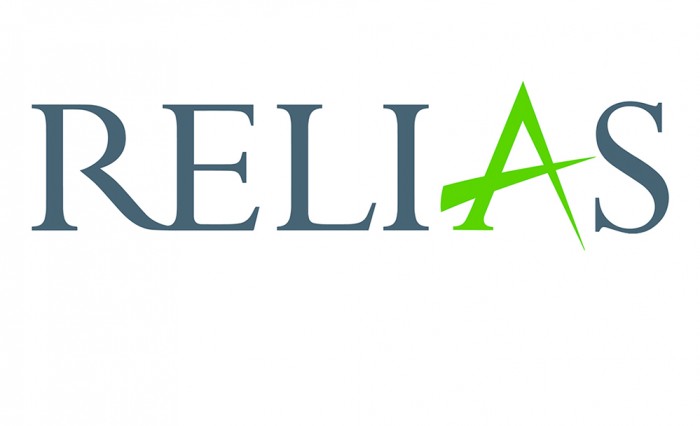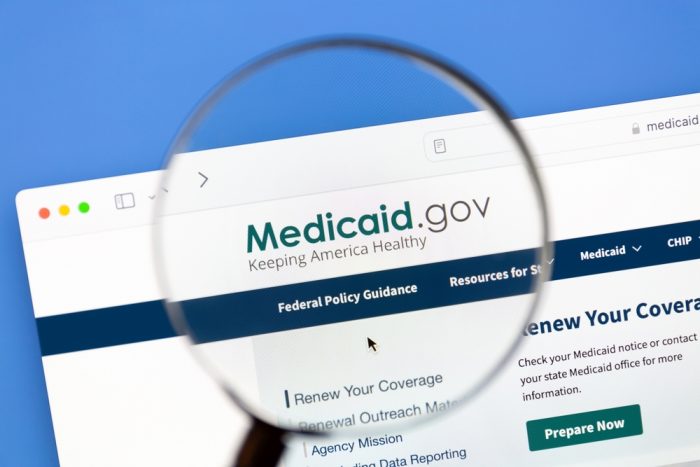RCPA Member Orientation Webinar on July 10
RCPA is excited to host a membership benefits webinar on Thursday, July 10, 2025, at 10:00 am, as an opportunity for members to orient themselves with all that RCPA membership includes. This is not just for new and future members. For current members, there may be benefits associated with our membership that you may not be aware of, including targeted meetings and groups that occur throughout the year.
Registration is required; please register here to attend the webinar. Items we will review include the below and much more:
- Virtually meet the dedicated RCPA Policy Staff and RCPA lobbyists;
- Discuss the 2025 Legislative and Administrative priorities;
- Preview RCPA divisional committee and subcommittee meetings and what they offer;
- View the RCPA member-only website;
- Review exclusive yearly educational and networking events; and
- Understand the value of the National Association and ANCOR memberships included with RCPA membership.
Visit the RCPA member benefits web page for more information, or contact Tieanna Lloyd for benefit details.
RCPA Requests Support for PAC Silent Auction
RCPA is excited to once again host the RCPA PAC silent auction, which will be held in conjunction with the 2025 RCPA Annual Conference Strive to Thrive. The silent auction will take place outside Connections Hall, and we are looking to attract the attention of over 700 attendees, including registrants, presenters, exhibitors, and sponsors. The money raised helps to support the RCPA PAC; these funds provide financial support to state legislators who have demonstrated a strong, consistent, and positive interest in our issues and priorities.
We are requesting your consideration in assisting us by providing a donation of an auction item. We are hoping to secure a variety of items that will be enticing to all members. All donations are greatly appreciated and can be something as simple as a gift certificate for a restaurant to a basket of sorts (candy, movie night, grilling items, cooking theme, etc.). We are also accepting items such as jewelry, designer handbags, tickets to college or professional sporting events, golf items, and sports memorabilia.
Please contact Christine Tartaglione by August 25, 2025, if you would like to donate any items. Thank you for your consideration of our request. We hope we can count on your support, and we look forward to seeing you at the conference!
Richard Dunlap Jr. Named Executive Director of Devereux Pennsylvania Children’s Services Center
FOR IMMEDIATE RELEASE
Contact: Leah S. Yaw
(610) 542-3041
[email protected]
Richard F. Dunlap Jr., Ed.D., named executive director
of Devereux Pennsylvania Children’s Services center
Villanova, Pa. – June 5, 2025 – Devereux Advanced Behavioral Health, one of the nation’s largest nonprofit providers of behavioral healthcare, today announced that President and CEO Carl E. Clark II has named Richard F. Dunlap Jr., Ed.D., executive director of Devereux Pennsylvania Children’s Services, effective immediately.
Dunlap most recently served as Devereux Pennsylvania Children’s Services’ assistant executive director, a position he has held since March 2024.
As executive director, Dunlap will oversee the day-to-day operations of the Chester County-based center, which serves children, adolescents and young adults with emotional, behavioral and cognitive differences. His responsibilities include oversight of clinical, medical, quality improvement, physical plant and staffing, among other areas.
“Rick is a deeply respected and highly accomplished leader with a proven track record of empowering individuals and organizations to reach their highest potential,” said Clark. “His leadership is distinguished by a strong emphasis on collaboration, strategic vision and clear, effective communication. Throughout his career, he has inspired and guided teams to achieve extraordinary objectives and has fostered a work environment that supports growth and progress. His dedication to service will be invaluable as he leads Devereux Pennsylvania Children’s Services into the future.”
About Richard F. Dunlap Jr., Ed.D.
As executive director of Devereux Pennsylvania Children’s Services, Richard F. Dunlap Jr., Ed.D., brings more than 40 years of education, administration and organizational development experience to this position.
Prior to joining Devereux in 2024, Dunlap spent eight years at Chester County Regional Education Services (CCRES), most recently in the role of executive director. He also served as interim superintendent of the Coatesville Area School District (2019-2020 and 2022-2023). Before his time at CCRES, Dunlap held the following positions: superintendent of the Upper Darby School District; principal of East High School in the West Chester Area School District; principal of Garnet Valley Middle School; assistant principal of East High School; assistant principal of Fugett Middle School in West Chester; and teacher at East High School. He also served as an officer in the United States Marine Corps.
Dunlap earned his Bachelor of Science in special education from West Chester State College; a Master of Arts in bilingual/bicultural studies from Marywood College; and a Doctorate of Education from Immaculata College. He also holds a secondary principal’s certification from Immaculata College. He is a recipient of the “Superintendents to Watch” award (2015-2016) from the National School Public Relations Association.
About Devereux Pennsylvania Children’s Services
Devereux Pennsylvania Children’s Services supports children, adolescents and young adults, from birth to age 21, with autism spectrum disorders and intellectual and developmental disabilities, and offers intensive services for at-risk youth with emotional, behavioral and cognitive differences. Each year, more than 2,500 individuals receive specialized care, in the environment best suited to the unique challenges they face, all with the goal of providing them with the academic, social, emotional and life skills needed to flourish in the homes, schools and communities. www.devereuxpa.org
About Devereux Advanced Behavioral Health
Devereux Advanced Behavioral Health is one of the nation’s largest nonprofit organizations, providing services, insight and leadership in the evolving field of behavioral healthcare. Founded in 1912, Devereux operates a comprehensive national network of clinical, therapeutic, educational and employment programs that positively impact the lives of thousands of children, adults – and their families – every year. The organization’s unique approach combines evidence-based interventions with compassionate family engagement. With more than 6,000 employees working in programs across the country, Devereux is a trusted partner for families, schools and communities, serving many of our country’s populations in the areas of autism, intellectual and developmental disabilities, specialty mental health, education and foster care. For more than a century, Devereux Advanced Behavioral Health has been guided by a simple and enduring mission: To change lives by unlocking and nurturing human potential for people living with emotional, behavioral and cognitive differences. Learn more: www.devereux.org.
###
Sign On: Oppose Cuts to Medicaid & Marketplace Health Coverage in House Budget Bill
RCPA, in its partnership with the PA Health Access Network (PHAN), is asking organizations to consider signing on to their new letter, which opposes cuts to Medicaid and Pennie. The latest proposal in Congress would take healthcare away from 600,000 Pennsylvanians who receive their coverage through Medicaid or Pennie. This is a separate letter than was previously shared with members in February; we ask your organization to join PHAN and show your opposition to potential cuts. This new communication reflects some of the specific areas that will be impacted.
Enter your information to publicly sign on to the letter on behalf of your organization. Please note: this sign-on page is for organizations only. Please contact Bill England with any questions or if you do not want to be listed publicly.
RCPA continues its state and federal advocacy efforts for state mental health funding and preserving Medicaid funding. If you are interested in joining the Mental Health Safety Net Coalition, please contact RCPA Policy Associate Emma Sharp.
Thank you for all you do in working to preserve Pennsylvania’s healthcare.
Integrated Care in Action: Models, Roles, and Best Practices — Relias Webinar on June 12
OPEN MINDS: The Chaos Isn’t Ending
Article reprinted with permission from OPEN MINDS. To sign up for a free OPEN MINDS news feed on https://www.openminds.com/market-intelligence/, go to https://www.openminds.com/membership/.
Mental Health Safety Net Coalition Urges General Assembly for MH Funding
The Mental Health Safety Net Coalition is a group of stakeholders participating in a joint advocacy effort to protect and preserve our mental health service delivery system. The Coalition’s first advocacy bulletin discusses the critical areas of funding for the FY 2025/26 budget, including community mental health, school-based services, crisis intervention services, psychiatric centers, and the Behavioral HealthChoices program.
The full letter can be read here.
RCPA invites all members, non-members, and systems-wide behavioral health stakeholders to participate in the Mental Health Safety Net Coalition meeting on Monday, June 9, 2025, from 2:30 pm – 3:00 pm. This meeting will serve to update the group on strategy, activities, and engagement opportunities.
Please contact Emma Sharp with any questions or if you would like to join the Coalition.
Shapiro Administration Responds to Potential Medicaid Cuts
The Shapiro Administration has released a response to potential federal Medicaid cuts. This document provides information on the Medicaid and SNAP programs in Pennsylvania and offers a high-level analysis of the potential impacts of HR 1, Congressional Republicans’ budget reconciliation bill, on the commonwealth. As currently proposed, the legislation would kick over 300,000 Pennsylvanians off Medicaid, shift $1B in food assistance costs from the federal government onto our state budget, and strain our hospitals, potentially leading to the closure of as many as 25 rural hospitals across Pennsylvania. The legislation would also add significant new IT and administrative burdens for commonwealth agencies in the form of unfunded mandates from Washington.
Read the full report here. In addition, you can view this infographic for details on the impacts of implementing work requirements to SNAP benefits. Contact Emma Sharp with any questions.
Mental Health Safety Net Coalition to Meet June 9, 2025
RCPA invites all members, non-members, and systems-wide behavioral health stakeholders to participate in the Mental Health Safety Net Coalition meeting on Monday, June 9, 2025, from 2:30 pm – 3:00 pm. This meeting will serve to update the group on strategy, activities, and engagement opportunities. Members can participate via Teams; information on how to join can be found below.
The coalition, which is open to all stakeholder groups, convened last week to lay out our primary vision, actions, and goals. The coalition will be sending out its first legislative advocacy bulletin to General Assembly legislators and stakeholders this week, and we encourage members to participate in these efforts of joint advocacy in protecting and preserving our mental health service delivery system.
This meeting will review and discuss the critical areas of funding for the 2025/26 budget, including county mental health, school-based services, psychiatric centers, and the Behavioral HealthChoices system, along with ongoing advocacy for the preservation of Federal Medicaid. The coalition listserv has been updated; if you would like to join the coalition or have any questions, please contact RCPA Policy Associate Emma Sharp.
Microsoft Teams Need help?
Join the meeting now
Meeting ID: 289 703 832 805 3
Passcode: 4Ji6nE6f
Dial in by phone
+1 689-206-0441,,182354162# United States, Orlando
Find a local number
Phone conference ID: 182 354 162#








